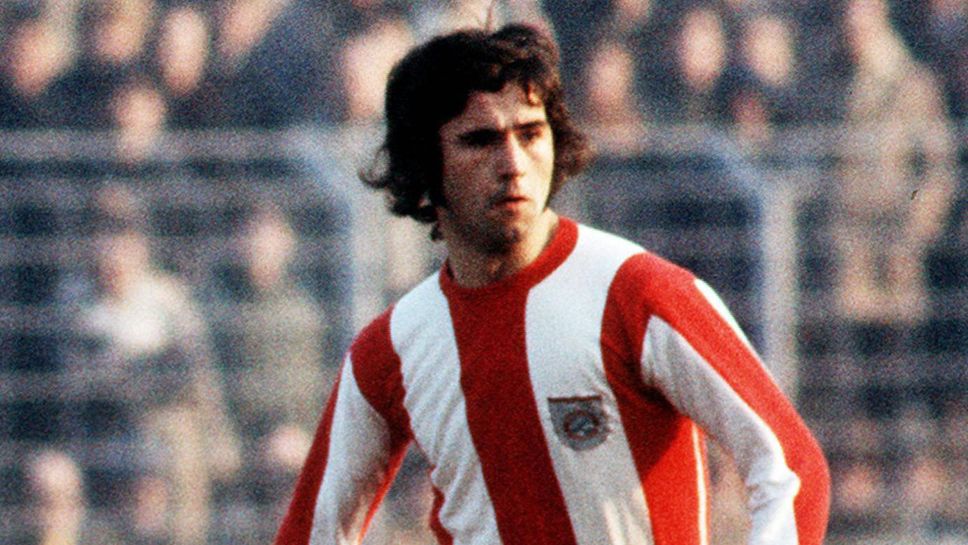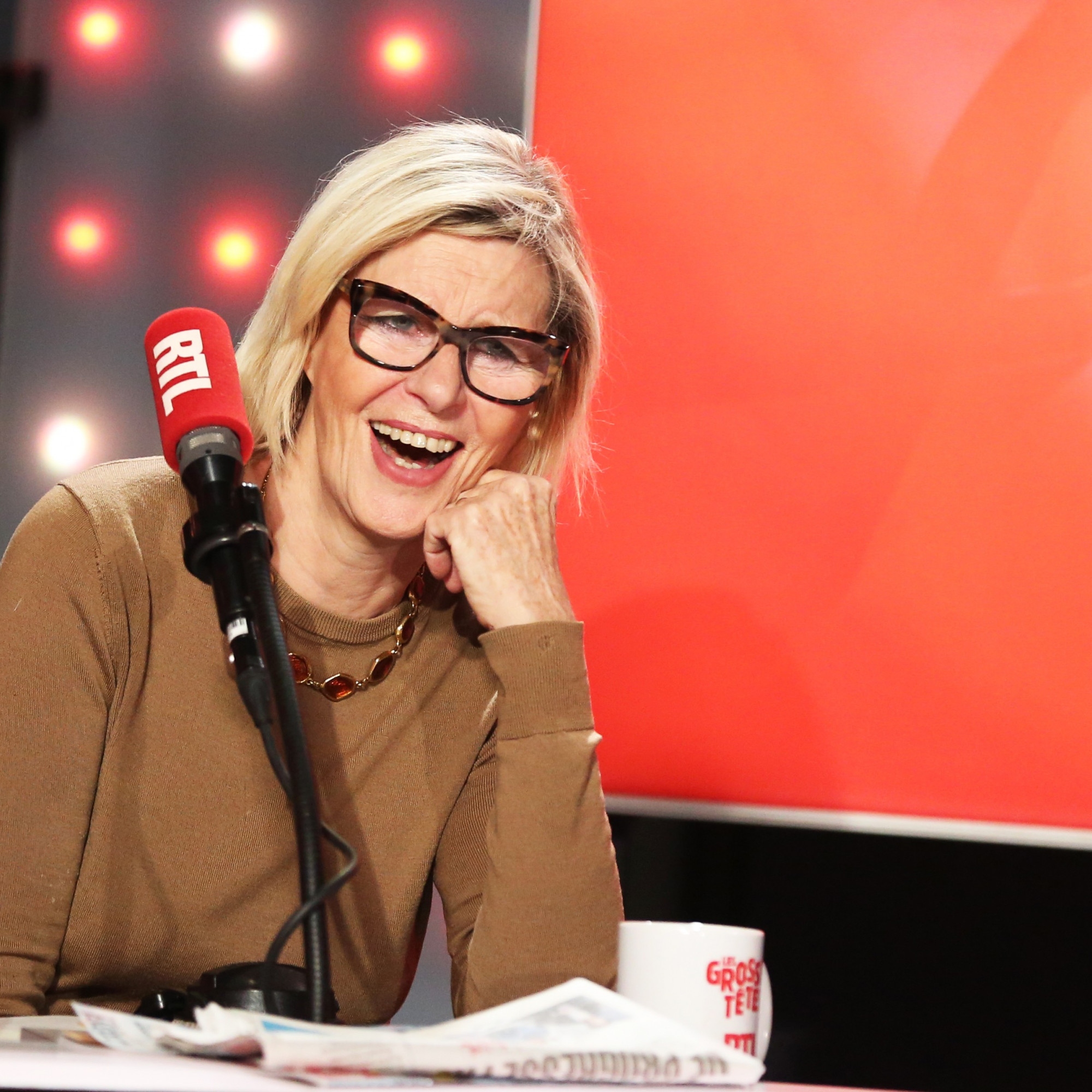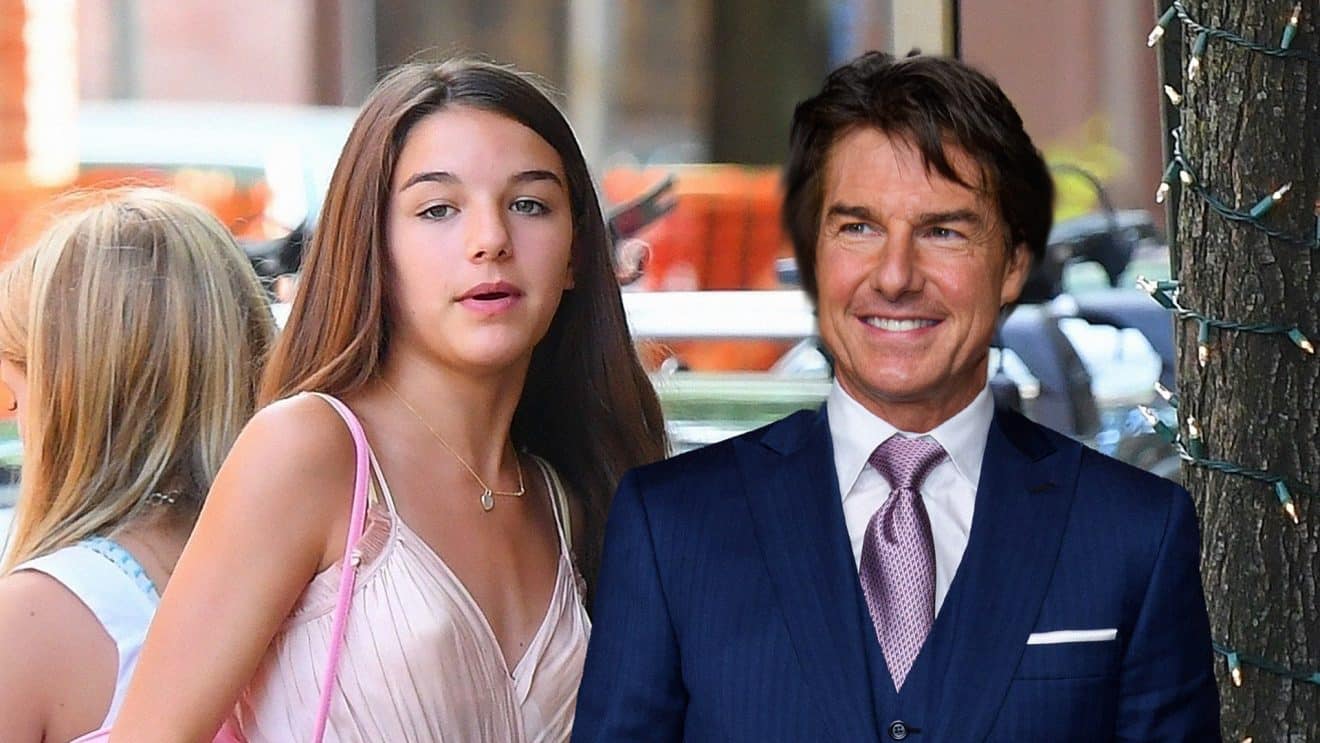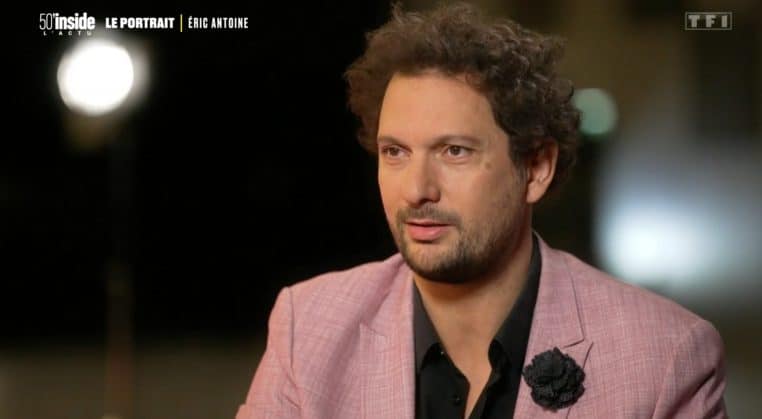Faber's Decision To Decline COA Volunteer Honours Sparks Debate

Table of Contents
The COA Volunteer Honours and Their Significance
The COA Volunteer Honours represent the pinnacle of recognition for selfless dedication to community betterment. Established in 1955, these awards boast a rich history, honoring countless individuals who have made extraordinary contributions to their communities. The selection process is rigorous, involving extensive vetting and consideration of the nominee's impact, sustained commitment, and innovative approaches to volunteer work. Recipients are chosen based on demonstrable positive influence within their communities and their ability to inspire others to get involved. Previous recipients include prominent figures from various fields, further solidifying the prestigious nature of this award.
- Recognition for outstanding community service: The award symbolizes the highest level of achievement in volunteer work.
- Symbol of national appreciation for volunteer work: It represents the nation's gratitude for the tireless efforts of its volunteers.
- Significant boost to recipient's profile and reputation: Winning the award often opens doors for future opportunities and enhances public standing.
Faber's Rationale for Declining the Honours
While Faber hasn't released a comprehensive public statement explicitly detailing his reasons, his decision to refuse such a prestigious award warrants speculation. Potential interpretations of his actions suggest several possible motivations. Some believe his refusal might stem from a deep-seated disagreement with certain COA policies or practices. Others speculate that Faber, known for his preference for a low profile, may simply wish to avoid the spotlight associated with the award. It's also possible he prioritizes focusing his energy on other pressing community issues rather than accepting formal recognition.
- Potential disagreement with COA policies or practices: This could involve concerns about transparency, inclusivity, or the award selection process itself.
- Desire to maintain a low profile: Faber's known commitment to action over accolades might indicate a preference for working behind the scenes.
- Focus on other pressing community issues: He might believe that redirecting resources and attention towards immediate community needs is more impactful.
- Concerns about the perceived value of the award: This could involve a broader critique of the effectiveness of formal recognition in fostering genuine volunteerism.
Public Reaction and Media Coverage of Faber's Decision
Faber's decision has sparked a heated public debate, with opinions sharply divided. Social media platforms are buzzing with discussions, with hashtags related to #FaberDeclinesCOA and #VolunteerRecognition trending nationally. News outlets have published numerous articles and opinion pieces, showcasing a range of perspectives. Some commend Faber's action as a bold statement against the perceived limitations of formal awards, while others criticize his refusal as disrespectful to the institution and the volunteers it seeks to honor. This widespread coverage has significantly impacted both Faber's public image and the ongoing conversation surrounding volunteer appreciation.
- Social media response and trending topics: Online discussions reflect a broad spectrum of opinions, with many engaging in robust debate.
- News articles and opinion pieces published: Major news outlets have covered the story extensively, offering diverse interpretations and analysis.
- Impact on Faber's public image and reputation: His decision has certainly increased his visibility, although its effect on his reputation remains a subject of debate.
- Discussion forums and online communities debating the issue: The controversy is fueling deeper conversations about the role of recognition in community service.
The Debate's Broader Implications for Volunteerism
Faber's unconventional choice has inadvertently initiated a crucial conversation about the nature of volunteerism and civic engagement. His actions may inspire others to critically evaluate the significance of awards and recognition, prompting a re-examination of how we appreciate volunteer contributions. It challenges the traditional approach to rewarding volunteer work, encouraging discussion about alternative forms of appreciation that might better reflect the spirit of selfless service.
- Questioning the value of formal recognition: The debate highlights the potential limitations of formal awards in acknowledging the true impact of volunteer work.
- Encouraging alternative forms of appreciation for volunteers: The discussion pushes for innovative ways to recognize and support volunteers beyond traditional awards ceremonies.
- Stimulating conversations about community engagement: Faber's decision serves as a catalyst for a broader national dialogue on improving community involvement and fostering a culture of service.
Conclusion: Understanding the Fallout from Faber's Decision to Decline COA Volunteer Honours
Faber's decision to decline the COA Volunteer Honours remains a controversial yet significant event. While some view it as a rejection of established systems of recognition, others see it as a powerful statement advocating for alternative forms of acknowledging volunteer efforts. The debate highlights the complex interplay between formal recognition, individual motivations, and the broader goals of community service and civic engagement. The COA Volunteer Honours, despite the controversy, continue to hold immense importance in celebrating and inspiring volunteer work. We encourage you to share your opinions on Faber's Decision to Decline COA Volunteer Honours in the comments section below – your insights will contribute to a richer understanding of this multifaceted issue and further the discussion on volunteer recognition, community service, and civic engagement.

Featured Posts
-
 Lily Collins Post Baby Calvin Klein Campaign Photo 5133599
May 12, 2025
Lily Collins Post Baby Calvin Klein Campaign Photo 5133599
May 12, 2025 -
 Bayern Legends Farewell Thomas Muellers Emotional Allianz Arena Send Off
May 12, 2025
Bayern Legends Farewell Thomas Muellers Emotional Allianz Arena Send Off
May 12, 2025 -
 Revelation Mask Singer 2025 L Autruche Une Amie De Chantal Ladesou Le Piege Pour Laurent Ruquier
May 12, 2025
Revelation Mask Singer 2025 L Autruche Une Amie De Chantal Ladesou Le Piege Pour Laurent Ruquier
May 12, 2025 -
 Suri Cruise Examining Tom Cruises Post Birth Behavior
May 12, 2025
Suri Cruise Examining Tom Cruises Post Birth Behavior
May 12, 2025 -
 Le Bonheur Retrouve Eric Antoine Pere Apres Sa Separation
May 12, 2025
Le Bonheur Retrouve Eric Antoine Pere Apres Sa Separation
May 12, 2025
